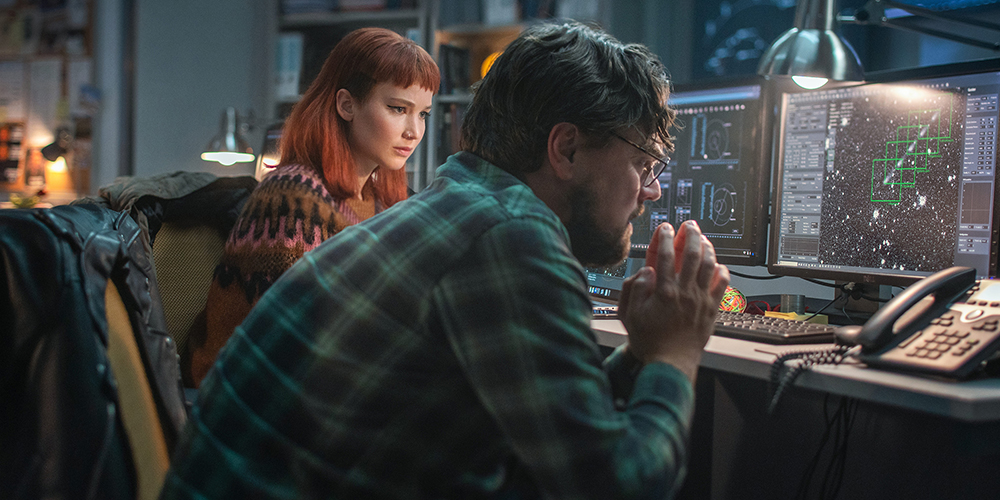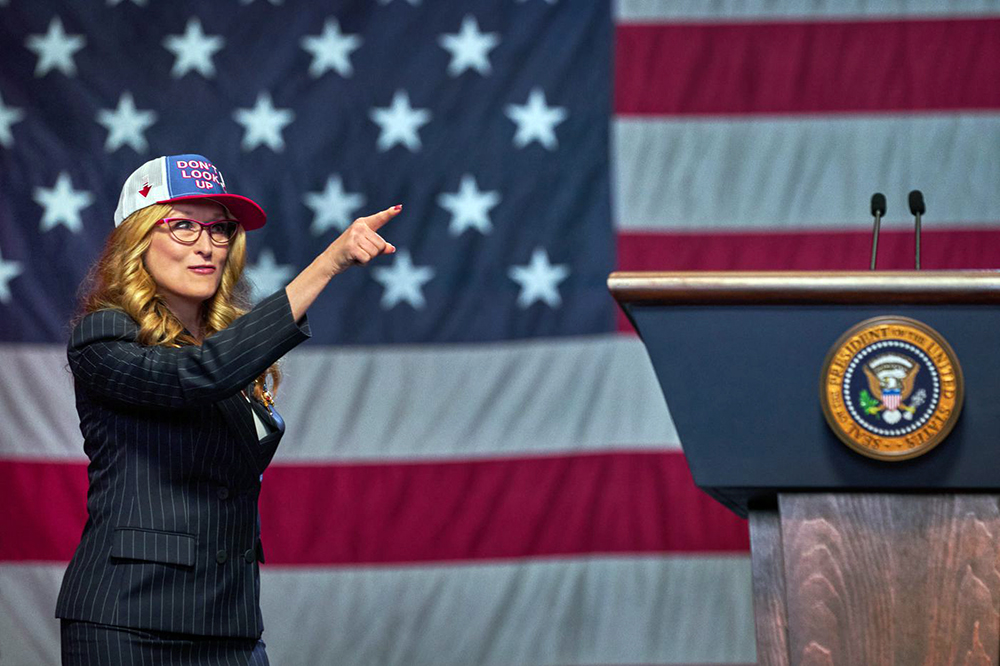Antiheroes are everywhere these days. The concept of the hero who exemplifies the virtues of the society that produced them dates to the dawn of storytelling. Achilles was a strong and brave Greek hoplite whose toxic vanity was part of the package. Red Horn was a model Mississippian sportsman who challenged giants of the underworld to a game of tchung-kee. Luke Skywalker was a farm boy turned fighter pilot who learned to master his emotions and fight for the greater good.
The antihero, on the other hand, never embodies their society’s virtues, but instead exposes its vices. In Homer’s Iliad, Thersites, the “ugliest man who came to Troy,” calls out Agamemnon’s vainglory and gets beaten to death for his troubles. Don Quixote turns the virtues of the Medieval knight on their heads, changing steadfastness into stubbornness, faith into delusion. If America had universal healthcare, high school chemistry teacher Walter White would never have started cooking meth to pay for cancer treatment.
One way writers pull off this trick is to retell a story from the villain’s point of view. John Gardner made Beowulf’s enemy into a hero of society’s outcasts in Grendel. In 1995, Gregory Maguire’s Wicked did it with The Wizard of Oz’s Wicked Witch of the West. Maguire gave L. Frank Baum’s antagonist a name, Elphaba, and framed her alleged wickedness as political propaganda. After all, isn’t the fake wizard lording over the land of Oz the real villain of the story?
Wicked became a Tony-winning Broadway musical in 2003 and has been running constantly ever since. In retrospect, it’s baffling that a film adaptation took so long. After years in development hell, director Jon M. Chu has finally created a worthy big-screen version.
One element common to antiheroes is that their ambitions are always doomed to failure. We hear of Elphaba before we meet her. She’s already been killed by Dorothy Gale, and the Munchkins are celebrating with a song, “No One Mourns the Wicked.” But for Glinda the Good Witch of the North (Ariana Grande), the celebration is muted. She knew Elphaba from back in the day, when they were roommates at Shiz University. Glinda, who was then Galinda, was the child of privilege studying sorcery for prestige. Elphaba (Cynthia Erivo) was a wild magic talent who almost didn’t get admitted to the prestigious university at all. She was only there to help her wheelchair-bound younger sister Nessarose (Marissa Bode) when an accidental display of her magic powers brought her to the attention of Madame Morrible (Michelle Yeoh). Elphaba and Galinda become the best of frenemies. Elphaba’s green skin marks her as a permanent outsider, and she carries a big chip on her shoulder. Galinda is the apex mean girl, complete with an entourage of sniveling sycophants (Bowen Yang and Bronwyn James, perfectly despicable). Yet both sympathize with, and kind of envy, the other. They compete for the attention of Madame Morrible, but when she’s summoned to see The Wizard, a sublime Jeff Goldblum, Elphaba insists on taking Galinda with her. In this telling, the Wizard is a tyrant, bent on removing Oz’s talking animals from society. Elphaba’s selfish wish was for the Wizard to change her green skin to a more socially acceptable color, but instead she decides to petition Oz the great and powerful on behalf of the oppressed animals.
Wicked cannot be faulted for its craftsmanship. Chu’s crew has created an Oz that feels vibrant and alive, from Elphaba’s swirly glasses to the Wizard’s massive clockwork train. Erivo is flawless as the long-suffering outsider whose glimpse into the inner workings of the elite radicalizes her to drastic action. Likewise, Grande lends depth to the Good Witch while belting out the Broadway bangers.
Wicked’s biggest problem is that it’s Hobbit-tized. At 180 minutes, it’s longer than the stage show, but it only tells half the story. Showstopper “Defying Gravity” still leads into the intermission, but in this case, the intermission is going to be a year long. None of the new material feels necessary, but with Erivo and Grande leaving it all on the screen, you probably won’t mind.
Wicked
Now playing
Multiple locations


